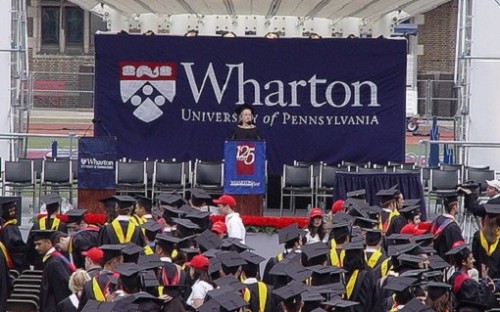An MBA from one of the world’s finest business schools can set you up for life. And it’s the dream of many an MBA applicant to attend the most prestigious schools that each side of the Atlantic have to offer; America’s Ivy League and Oxbridge in the UK.
But with great prestige comes great expense. And considering the costs involved in undertaking an MBA at Harvard or Cambridge Judge, students need to be looking at the potential return they can expect from their investment.
According to salary-benchmarking site Emolument, a better deal can be found state-side. Based on crowdsourced data from hundreds of post-2010 MBA grads, the average graduate salary including bonuses (median compensation) for the Ivy League schools stands at £132,000/$175,000 compared to a £127,000/$169,000 average for Oxbridge’s Oxford Saïd and Cambridge Judge combined.
Students at Wharton and Columbia can expect the largest average earnings upon graduation, both at £146,000/$195,000. Although Cambridge Judge, at £137,000/$182,000, does beat Yale (£114,000/$151,000), Johnson at Cornell (£124,000/$165,000), Dartmouth Tuck (£128,000/$170,000) and even Harvard (£135,000/$180,000).
“Earnings are clearly higher in the US thanks in part to a strong bonus culture,” says Alice Leguay, co-founder and COO at Emolument. Yet MBA programs in the US are notoriously expensive. And Alice suggests studying in the UK and moving to work in the US post-graduation; perhaps easier said than done.
The findings are a subsection of a general graduate salary report on university alumni from all programs, where the Ivy League have average earnings which are nearly 30% higher than Oxbridge. There’s no leader when it comes to the gender pay gap, which stands at a staggering 30%.
Of course, on the basis of education and the standard of teaching, little separates Oxbridge from the Ivy League schools. They're all rich in academic history, and are recognized as the cream of the crop by prospective employers worldwide.
RECAPTHA :
de
dc
17
97








